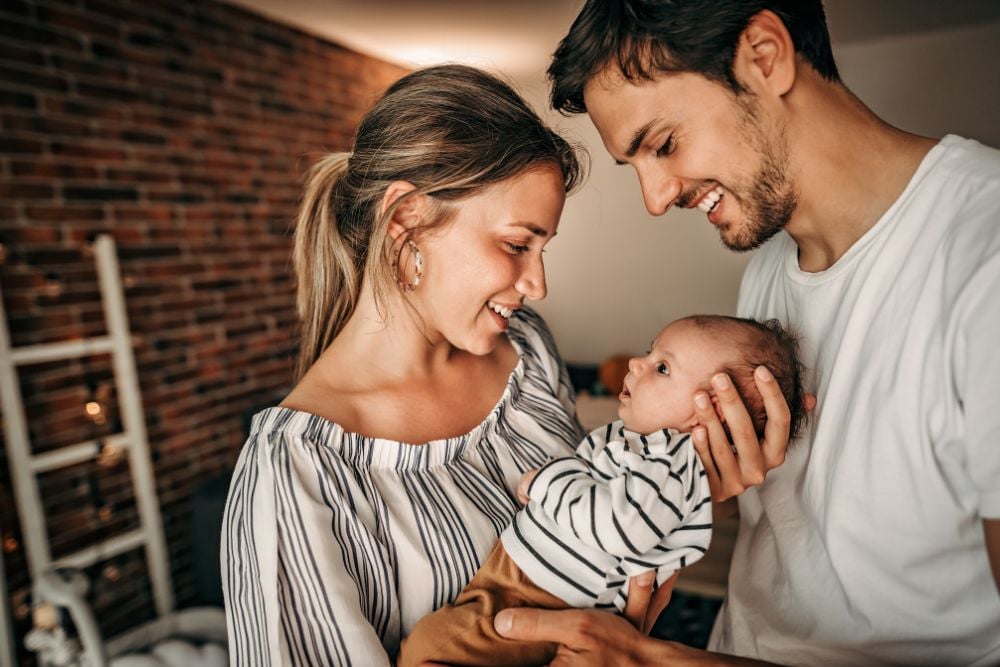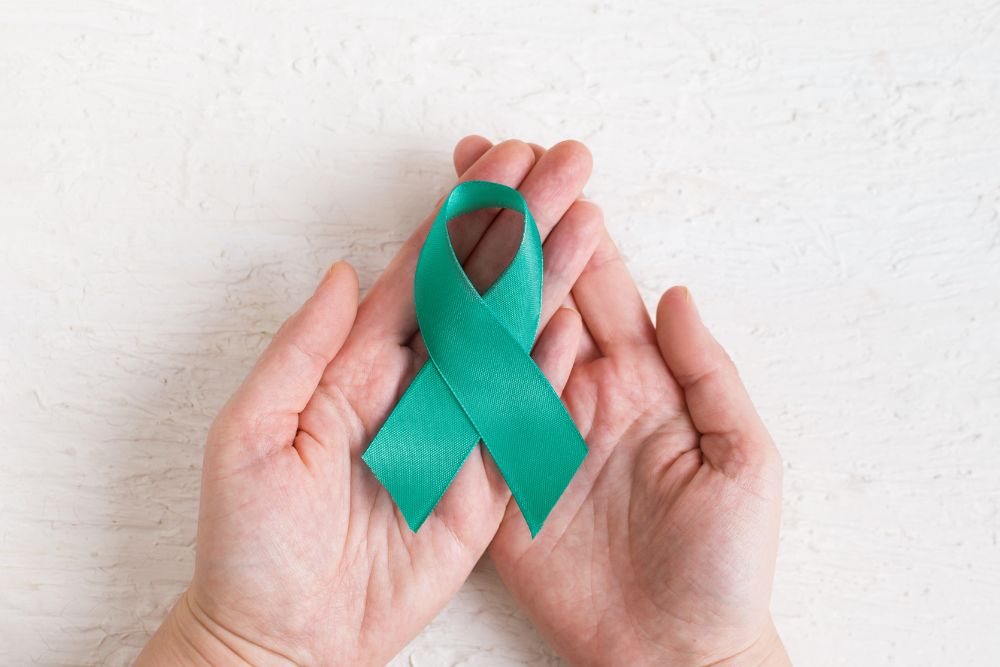
Becoming an egg donor is an incredibly generous act – your time and energy are so valuable, and to donate your eggs so someone else can become a parent is one of the greatest gifts one person can give to another. Even today, as egg donation becomes an increasingly popular modern family building option, there is a lot of confusion about what it means to be an egg donor, what the donation process entails, and how important things like donor compensation actually work.
At Fertility Source Companies, in partnership with our branch, The Donor Source, we understand why egg donors come to our team with these questions. If you’re new to the world of egg donation, you’re bound to have an essential question or two. We’ve outlined three of the most common questions we hear from egg donors to help bring clarity to the egg donation process.
- How does egg donor compensation work?
Compensation for an egg donor can vary, but at The Donor Source, our egg donors can receive compensation starting at $8,000 for first-time donors. This amount can vary per location as donor eggs are sought at a higher rate in some areas across the country. Repeat egg donors (those who have completed more than one cycle) usually see an increase of $500 to $1,000 after each donation. You can learn more about egg donor compensation
here.
- Will it hurt to donate my eggs?
We’ve compiled
an entire blog post dedicated to explaining that, generally speaking, most women experience mild discomfort during different stages of their donor cycle. However, this is usually treated with standard over-the-counter medication for pain relief, heating pads, loose clothing, and rest. Most donors compare their symptoms to that of PMS.
- Will donating my eggs hurt my fertility?
No, your fertility will not be negatively impacted by completing an egg donation cycle. Each month, the ovaries contain a set number of potential eggs to become mature for fertilization. Without egg donation, one egg out of the group becomes mature and then is ovulated when not fertilized, while the remaining group of eggs degenerate. As an egg donor, the fertility hormone injections help your body tell multiple eggs in the group to become mature for the egg retrieval. You are donating no more eggs than your body already had available. Your health is our top priority, and we only work with physicians and clinics around the country who are experienced in egg donation procedures and take excellent care of our donors during their appointments.
Of course, if you have additional questions about egg donation, we encourage you to
contact our team directly so we can assist you. Thank you for your interest in becoming an egg donor. You can
visit our blog to learn more about this area of third-party reproduction.

 Becoming an egg donor is an incredibly generous act – your time and energy are so valuable, and to donate your eggs so someone else can become a parent is one of the greatest gifts one person can give to another. Even today, as egg donation becomes an increasingly popular modern family building option, there is a lot of confusion about what it means to be an egg donor, what the donation process entails, and how important things like donor compensation actually work.
At Fertility Source Companies, in partnership with our branch, The Donor Source, we understand why egg donors come to our team with these questions. If you’re new to the world of egg donation, you’re bound to have an essential question or two. We’ve outlined three of the most common questions we hear from egg donors to help bring clarity to the egg donation process.
Becoming an egg donor is an incredibly generous act – your time and energy are so valuable, and to donate your eggs so someone else can become a parent is one of the greatest gifts one person can give to another. Even today, as egg donation becomes an increasingly popular modern family building option, there is a lot of confusion about what it means to be an egg donor, what the donation process entails, and how important things like donor compensation actually work.
At Fertility Source Companies, in partnership with our branch, The Donor Source, we understand why egg donors come to our team with these questions. If you’re new to the world of egg donation, you’re bound to have an essential question or two. We’ve outlined three of the most common questions we hear from egg donors to help bring clarity to the egg donation process.


